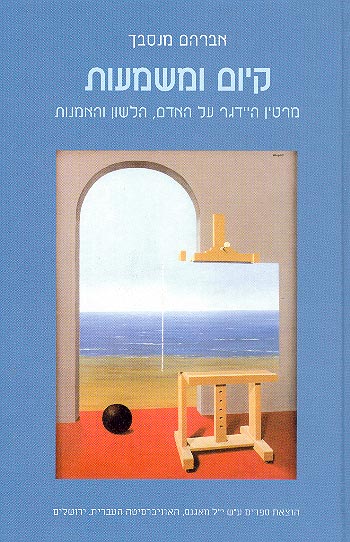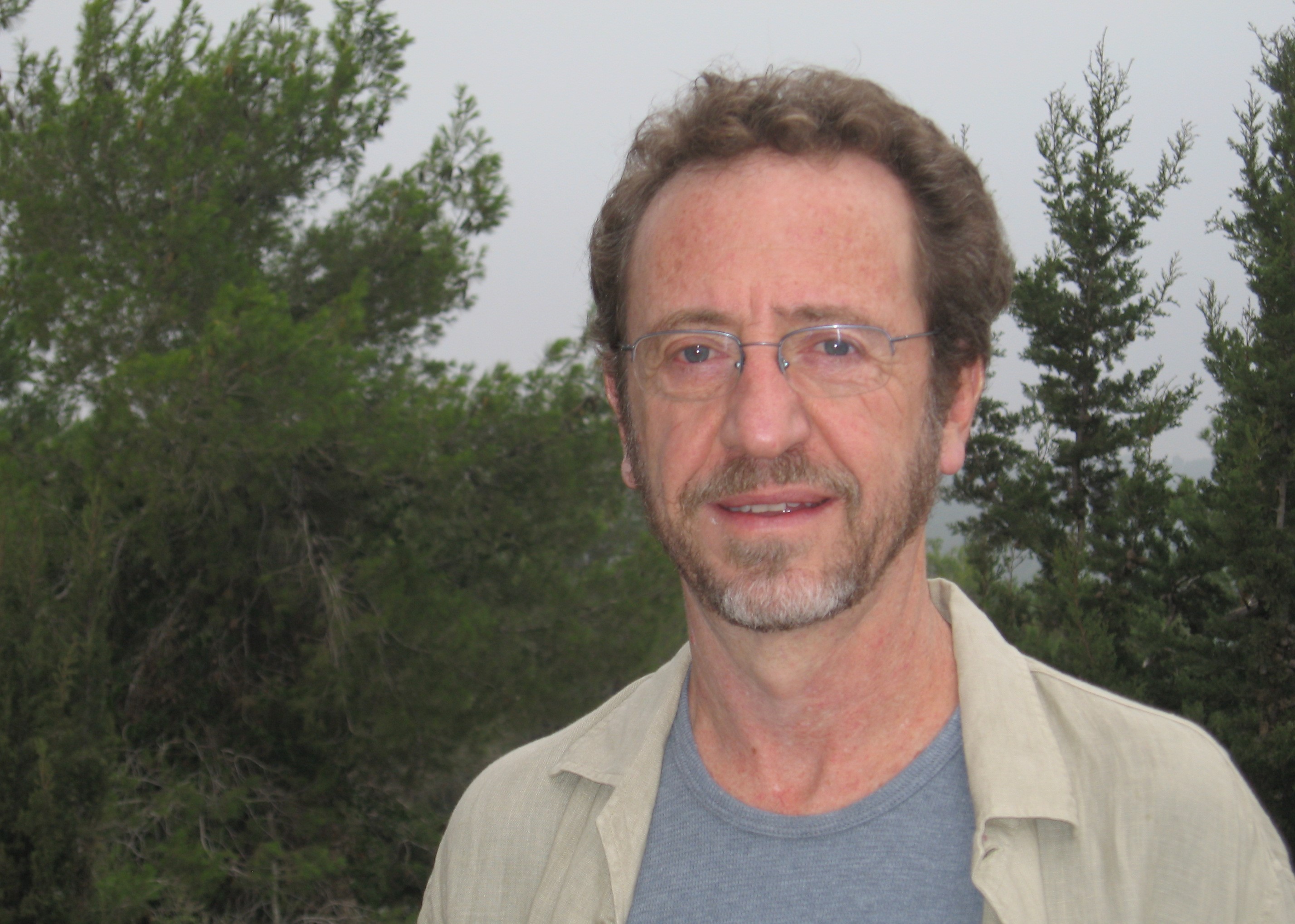Abraham research on phenomenology and Martin Heidegger’s philosophical corpus, focus on the critical value that their philosophy has for overcoming the subject-centered view that dominated Western philosophy throughout modernity.
The objective is to understand how the Cartesian subject has been de-centered and how, through this process, a constructivist view of subjectivity or identity took shape within the parameters of practice and language.
In his books, articles, and public lectures, he examines how language and practice form the key components of the idea of identity and selfhood. Abraham also explores how art and works of art, relate to the notion of de-centered subjectivity.
Finally, he critically analyzes the way that post-Heideggerian phenomenological anthropology has been elaborated in different fields of thought. First by late modern and post-modern thinkers such as Michel Foucault, Emanuel Levinas, Richard Rorty, Francois Lyotard, Maurice Blanchot, and later on by literary-philosophical authors such as Jorge Luis Borges and Hélène Cixous.
PHILOSOPHICAL PUBLICATIONS

BOOKS
Beyond Subjectivism: Heidegger on Language and the Human Being, Connecticut: Greenwood Publishing Group, 2002.

Existence and Meaning: Heidegger on Man, Language and Art, Jerusalem: Magnes Press (Hebrew), 1998.
ARTICLES
“Becoming Ourselves: Feldenkrais and Foucault on Soma and Culture.” Feldenkrais Research Journal, 2016, 5: 2-15.
“Heidegger on Practice, Language, and the Dualism of the Self.” Philosophical Inquiry, 2006. vol. 28 (3-4): 63-75.
“Heidegger’s Dualism of the Self and its Traces in Rorty and Lyotard.” (Hebrew) Iyyun- The Jerusalem Philosophical Quarterly, 2003, 52: 355–368.
Mansbach, Abraham & Hilfrich, Carola. “Ser Humano y Ser Judío en el Pensamiento Contemporaneo: Maurice Blanchot and Hélène Cixous, in Shulamit Golsmith (ed.), Humanismo en el Pensamiento Judío. 2002, México: Universidad Iberoamericana.
Mansbach, Abraham. 2000. “Beyond Subjectivism: Heidegger on Human Being and Language.” Philosophical Inquiry, vol. 22 (1/2), pp.115-133.
Mansbach, Abraham. 2000. “Heidegger: sa critique et sa conquête du cartesianisme,” in Y. Senderowicz & Y.Wahl (eds.), Descartes: Réception et Déception, Tel Aviv: University Publishing Projects, pp. 141-151.
“Heidegger’s Critique of Cartesianism,” Paideia Proceedings of the XX World Congress of Philosophy 1999.
“Strange Epoch!” South African Journal of Philosophy, 1998, vol. 17, pp. 226-238.
“Heidegger: Philosophical Enemy/Political Enemy”, Iyyun- The Jerusalem Philosophical Quarterly, 1998, vol.47, pp. 419-427 (Hebrew).
“El Inmortal de Borges y la Concepción Heideggeriana de la Muerte y la Individualidad”. Revista Hispánica Moderna (Columbia University), 1997, vol. L, pp. 110-115.
“Overcoming Anthropocentrism: Heidegger on the Heroic Role of the Works of Art” Ratio, 1997, vol. 10, pp. 157-169.
“On the Passage from Modernism to Postmodernism”, Iyyun- The Jerusalem Philosophical Quarterly, 1997, 46, pp. 193-208 (Hebrew)
“Rosselini’s film Socrates in a Course on the History of Greek Philosophy.” Aitia, 1994, vol. 20, pp. 31‑32. Reproduced in The American Philosophical Association Newsletter, 1995, vol. 15 (2).
“Heidegger on Works of Art and Authentic Existence.” Iyyun- The Jerusalem Philosophical Quarterly, 1994, vol. 43 , pp. 427-440 (Hebrew).
“Heidegger on the Self: Authenticity and Inauthenticity,” Iyyun, The Jerusalem Philosophical Quarterly, 1991, vol. 40, pp. 65-91.
